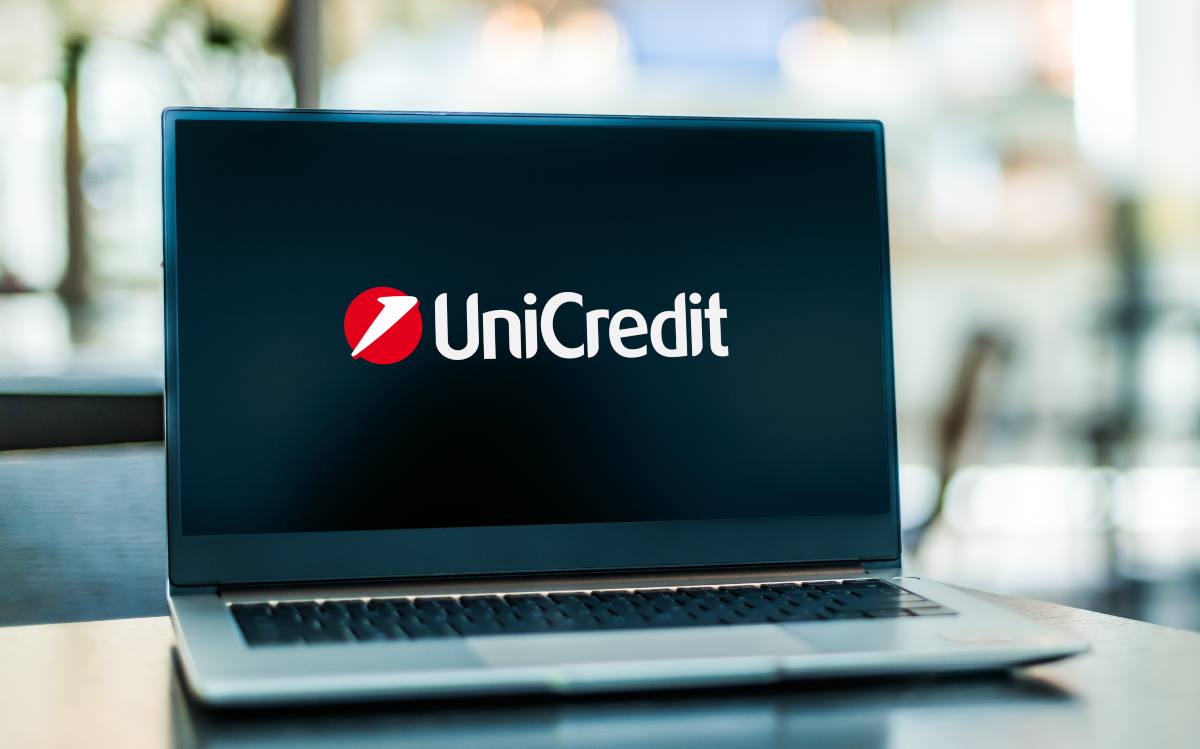The rise in online payment practices have made taxpayers particularly vulnerable. And Unicredit still ends up in the crosshairs of phishing scams.
The more online transactions, the more scam attempts. It is not a rule and in theory it would not even be normal. The problem is that the technological implementation, especially during the lockdown, has exponentially increased the use of web payment systems and at the same time exposed the home banking pages to increasingly frequent attacks by cybercriminals. Even the best credit institutions, which theoretically have the most up-to-date security systems, have ended up in the crosshairs of hackers. and, with them, the money of the account holders, particularly vulnerable when certain scams apply. Big names like Unicredit, in recent months, have often come to terms with online crime.
In fact, there have been several phishing attempts reported by customers of the credit institution. More than anything else, these are messages via sms (but also via e-mail) that invite you to perform certain operations posing as bank operators. The scheme is the classic one, that is an invitation to click on a link and to declare their personal data to solve phantom problems. An apparently neutralizable system but which, on the other hand, manages to implement the rip-off with a much wider frequency than you think.
Phishing against Unicredit customers: how to recognize the scam
As mentioned, unfortunately it is not a new situation for Unicredit. A few months ago, customers had already reported the presence of a suspicious message, with the usual reference to a link which, once opened, required the inclusion of sensitive data. Clearly, these are procedures not to be followed at all. And the same goes for the last message sent to the bank’s customers, in which there is a fear of blocking an account and reporting a solution to solve the problem. Apparently, the reports would have come from all over Italy, thus making the problem for the bank also of national interest. Like the other institutes, Unicredit has also provided vademecum several times to avoid falling into the pitfalls of phishing. However, the complete scam was carried out several times.
READ ALSO >>> Unicredit, new phishing alarm: here’s how to avoid the empty-account scam
In the message, customers are “informed” about the deactivation of online transactions, including those relating to credit cards and any other form of banking interaction. An impediment that would put online credit card payments at risk, as well as the possibility of receiving money. The “solution” is offered by the alleged officials, with a useful link to unlock the account by confirming personal information. The telephone number for example, as well as the Unicredit membership code. By clicking on the link, theoretically, you should access the services area to carry out the operation. Nothing could be more false: not only is there no such problem but entering data on a counterfeit portal would mean handing them over to scammers. To whom, practically, they would give their money. The only thing to do is to trash the email and contact the bank, without clicking on anything.
–


